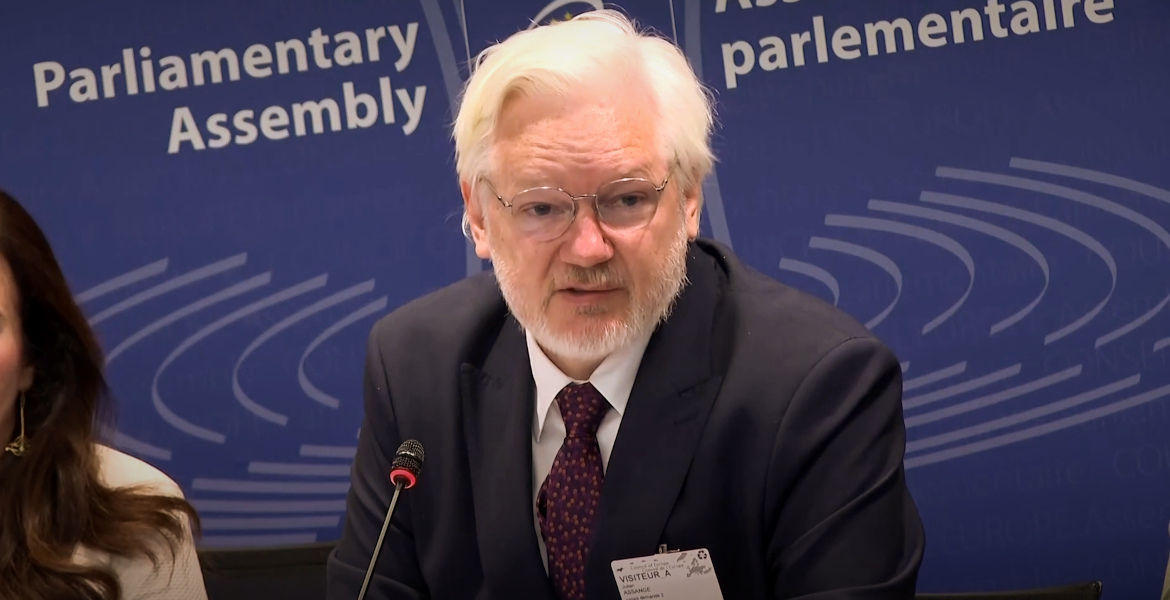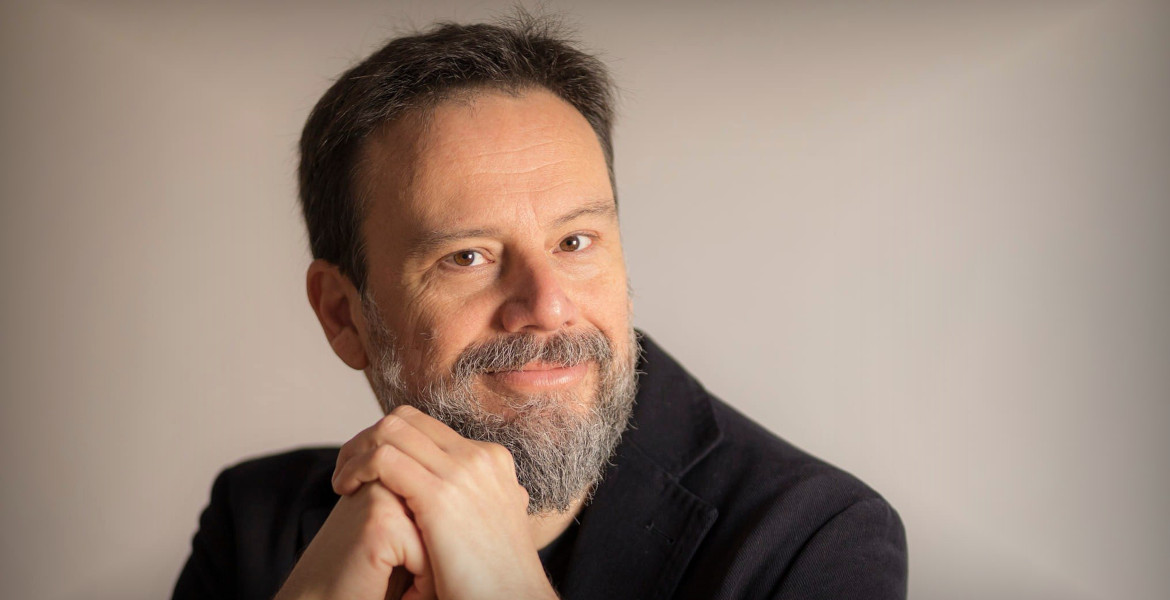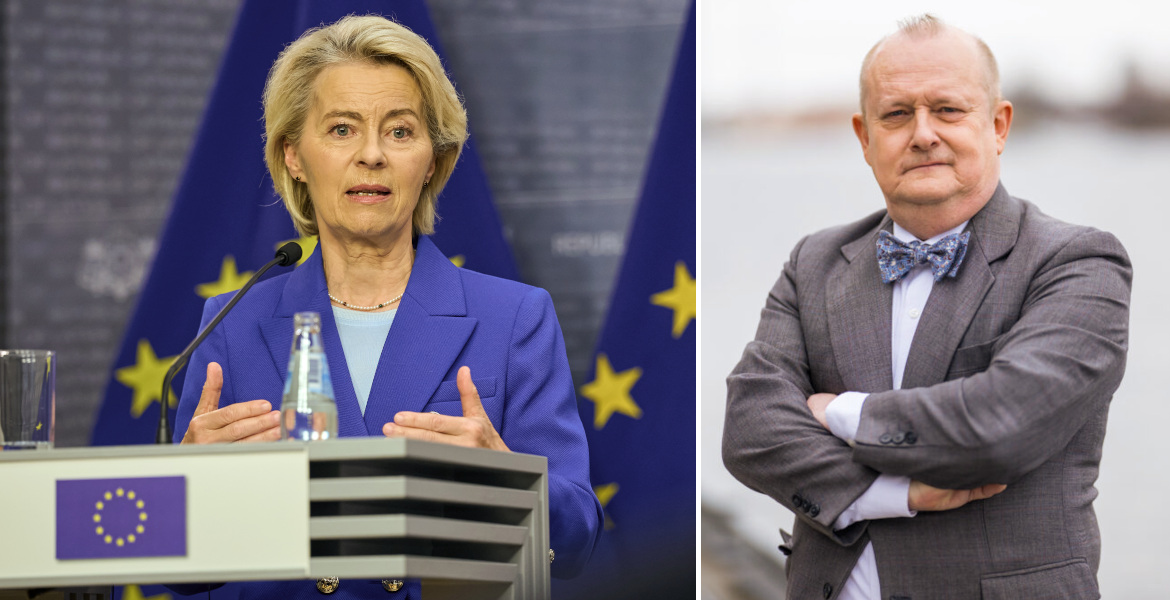During the years Julian Assange was imprisoned and in solitary confinement, technology progressed enormously and AI innovations have become an integral part of society.
At the same time, the journalist notes that there is a clear link between AI and mass surveillance, pointing out that the technology is already being used to carry out mass killings and bombings of civilians.
In the fall, Wikieaks founder Julian Assange made his first public appearance before Council of Europe parliamentarians after more than five years of imprisonment in the notorious British high-security prison Belmarsh. Before that, he had spent seven years at the Ecuadorian embassy in London.
Assange admitted that he was deeply scarred by his time in prison and solitary confinement, caused by years of US persecution after he published material through Wikileaks that exposed gross US war crimes in Iraq.
– The experience of isolation for years in a small cell is difficult to convey; it strips away one's sense of self, leaving only the raw essence of existence.
– I am not yet fully equipped to speak about what I have endured - the relentless struggle to stay alive, both physically and mentally, nor can i speak yet about the deaths by hanging, murder, and medical neglect of my fellow prisoners, he continued.
Programmers were radicalized
Alongside the persecution from the US and the time in captivity, the Wikileaks founder, who is himself very interested in technology and has a background as a programmer, spoke about the technological developments that he believes are a more double-edged sword than ever.
– I am enthused about some of the developments that are happening with cryptography. Some of those developments provide alternatives to what we see as huge media power concentration in the hands of a few billionaires, he said, explaining that cryptography has allowed Wikileaks to protect its systems and sources.
– Other technologies emerged out of the campaign of mass surveillance and the Big Bang was the Snowden revelations that radicalised engineers and programmers in many places, who saw themselves as agents of history including algorithms to protect peoples’ privacy - including communication between journalists and their sources, Assange continued.
Mass executions with AI
At the same time, the other side of technological development carries great dangers and pitfalls, according to Assange – and he pointed to how AI technology has been used to carry out assassinations and mass murders.
NEW: JULIAN ASSANGE says ‘Artificial intelligence is being used for mass assassinations in Gaza’
“The majority of targets in Gaza are bombed as a result of artificial intelligence targeting.”
It has been revealed that Google provided the Israeli military with AI tools in… pic.twitter.com/hJYFdKdT8C
— Megatron (@Megatron_ron) January 22, 2025
– As I emerge from prison, I see that AI is being used to create mass assassinations. Where before there was a difference between assassination and warfare now the two are conjoined. Where many, perhaps the majority, of targets in Gaza are bombed as a result of Artificial Intelligence targeting.
– The connection between AI and surveillance is important. AI needs information to come up with targets, or ideas, or propaganda. When we are talking about the US of AI to conduct mass assassinations, surveillance data from telephones, internet, is key to training those algorithms, he further explained.
"More retaliation and self-censorship"
Julian Assange touched on several other sensitive issues during his speech, including strongly emphasizing that freedom of expression today “is at a dark crossroads”.
– I see more impunity, more secrecy, more retaliation for telling the truth and more self-censorship. It is hard not to draw a line from the US government crossing the Rubicon by internationally criminalizing journalism to the chilled climate for freedom of expression now.
– The fundamental issue is simple: Journalists should not be prosecuted for doing their jobs, he said.




